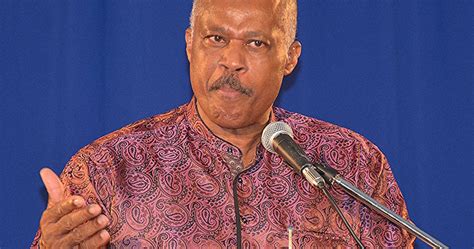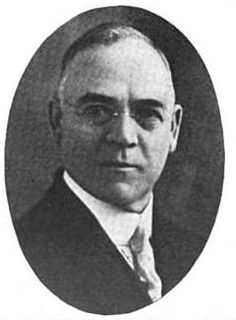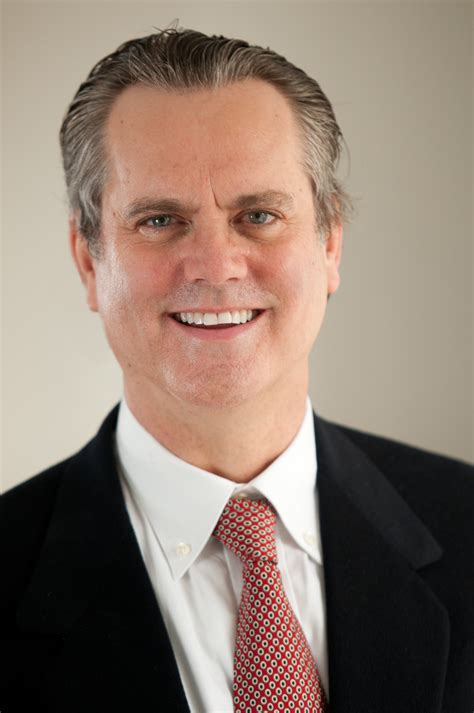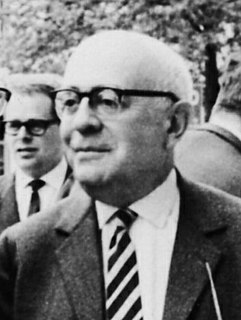A Quote by Bertrand Russell
Humanistic ethics is based on the principle that only humans themselves can determine the criterion for virtue and not an authority transcending us.
Quote Topics
Related Quotes
...[sacred] doctrine is especially based upon arguments from authority, inasmuch as its principles are obtained by revelation: thus we ought to believe on the authority of those to whom the revelation has been made. Nor does this take away from the dignity of this doctrine, for although the argument from authority based on human reason is the weakest, yet the argument from authority based on divine revelation is the strongest.
And all knowledge, when separated from justice and virtue, is seen to be cunning and not wisdom; wherefore make this your first and last and constant and all-absorbing aim, to exceed, if possible, not only us but all your ancestors in virtue; and know that to excel you in virtue only brings us shame, but that to be excelled by you is a source of happiness to us.
I'm happy to respect authority when it's genuine authority, based on moral or intellectual or even technical superiority. I'm eager to follow a hero if we can find one. But I tend to resist or evade any kind of authority based merely on the power to coerce. Government, for example. The Army tried to train us to salute the uniform, not the man. Failed. I will salute the man, maybe, if I think he's worthy of it, but I don't salute uniforms anymore.
We are His children in Very deed, having been born of Him in the spirit, and we have inherited the very attributes which he possesses. They are in us, and they make us God's embryo, We believe that as we are now God once was, and by the practice of virtue and righteousness, by obedience unto law and authority, He has become what He is, and as He is, man may become, on the same principle.
[the virtues] cannot exist without Prudence. A proof of this is that everyone, even at the present day, in defining Virtue, after saying what disposition it is [i.e. moral virtue] and specifying the things with which it is concerned, adds that it is a disposition determined by the right principle; and the right principle is the principle determined by Prudence.
Auschwitz is outside of us, but it is all around us, in the air. The plague has died away, but the infection still lingers and it would be foolish to deny it. Rejection of human solidarity, obtuse and cynical indifference to the suffering of others, abdication of the intellect and of moral sense to the principle of authority, and above all, at the root of everything, a sweeping tide of cowardice, a colossal cowardice which masks itself as warring virtue, love of country and faith in an idea.

































